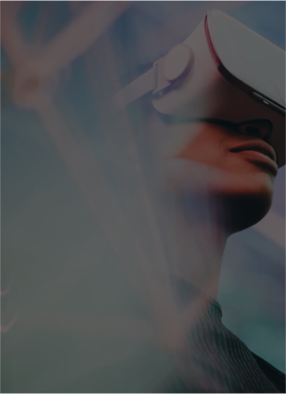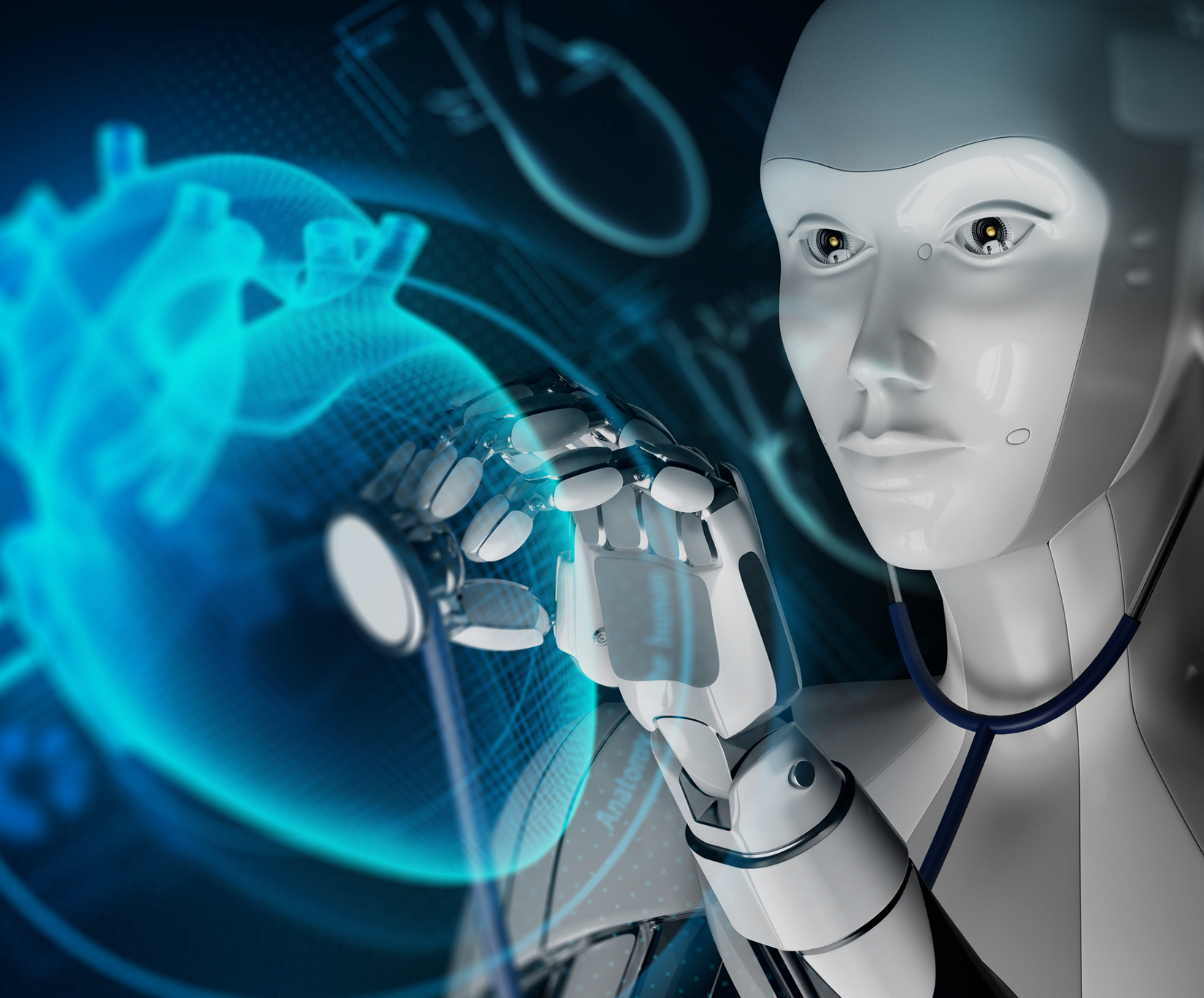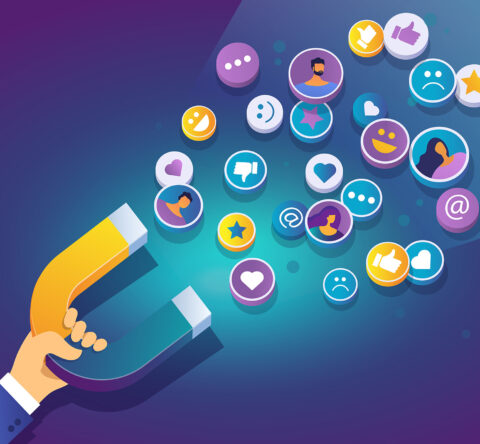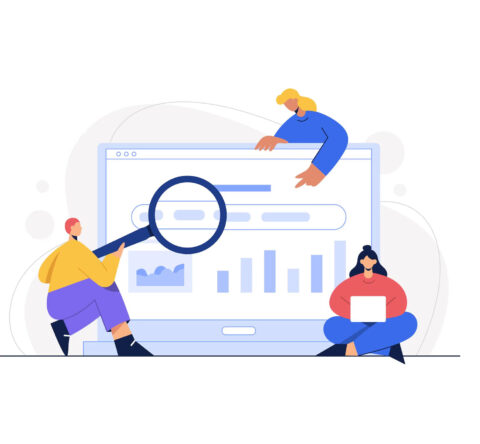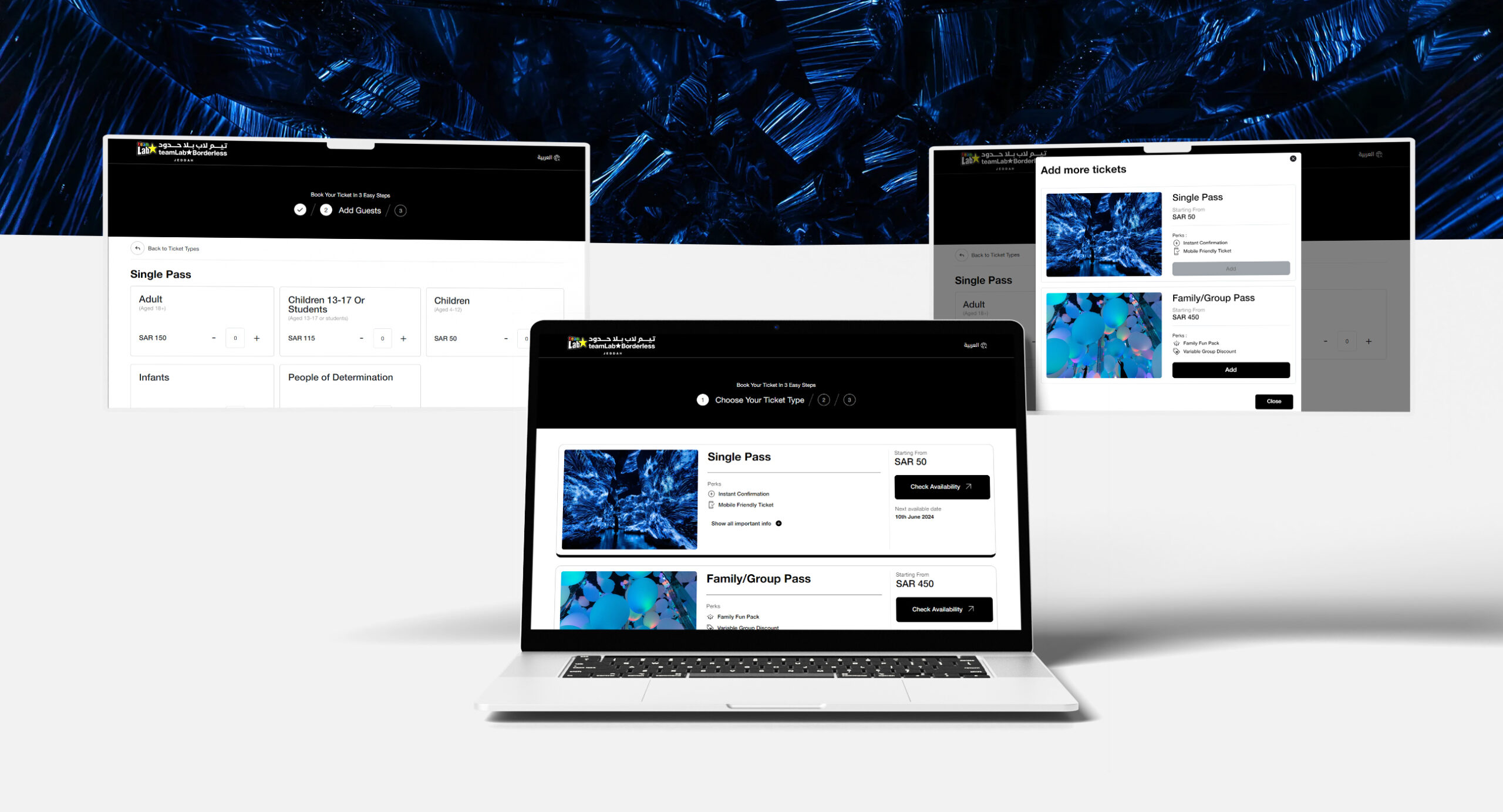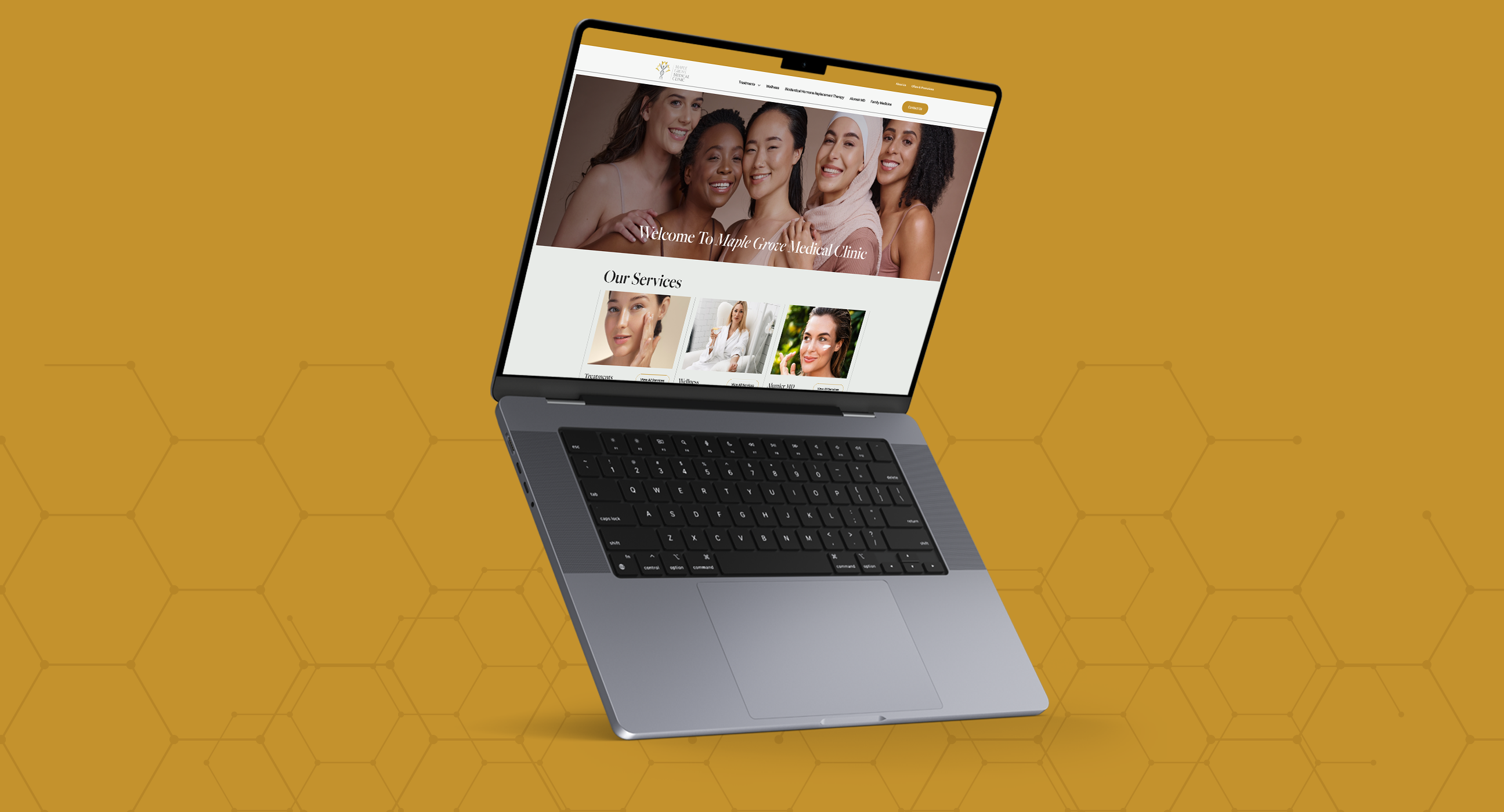Artificial intelligence or AI has been implemented and resulted in innovative growth in various fields over time, the healthcare industry is one area where AI has tremendously helped improve quality medical care thereby improving the lives of patients dramatically, streamlining processes and reducing costs. This brings us to explain the various perks that AI has contributed to healthcare.
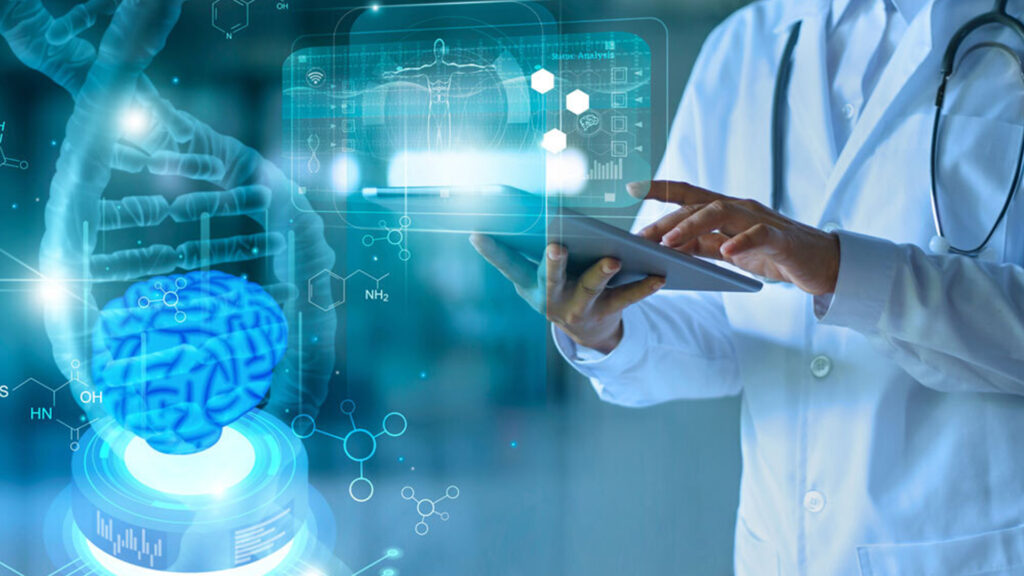
AI in healthcare: The Rising Investment
AI has been used in healthcare since the early 1970s. During this period, an AI program known as MYCIN was produced through research that helped health professionals identify blood infection treatments more easily. However, things are a lot more advanced and convenient now than it was before. What’s more, research & developments are going on and several multinational companies worldwide have invested heavily in AI in healthcare.
Want to know something exciting?
The AI healthcare market size is currently at $14.6 billion in 2023 and is expected to reach $102.7 billion by 2028. With the investments made and the demand increasing, this proves that AI is not going any time soon. Despite the cutting-edge innovations made, AI is still in its infancy stages. With several challenges ahead, it is important to know what lies behind AI in the healthcare industry. Fortunately, with the efficient resources we now have, the answers to such scenarios are not far away. Now, let us see some of the uses of AI in healthcare.
Some AI in healthcare examples
Personalized Medicine: The healthcare industry can leverage the power of AI to determine the most accurate and personalized medical care treatment plans for their patients. This can include the use of various smart AI algorithms by identifying a particular patient’s genetics, lifestyle, medical history, etc.
Diagnostic Support: Diagnosing diseases has been far better and easier with AI. By developing specific AI algorithms, they can be used for identifying conditions from images such as X-rays, CT scans, and MRI images or detecting early symptoms of certain medical conditions.
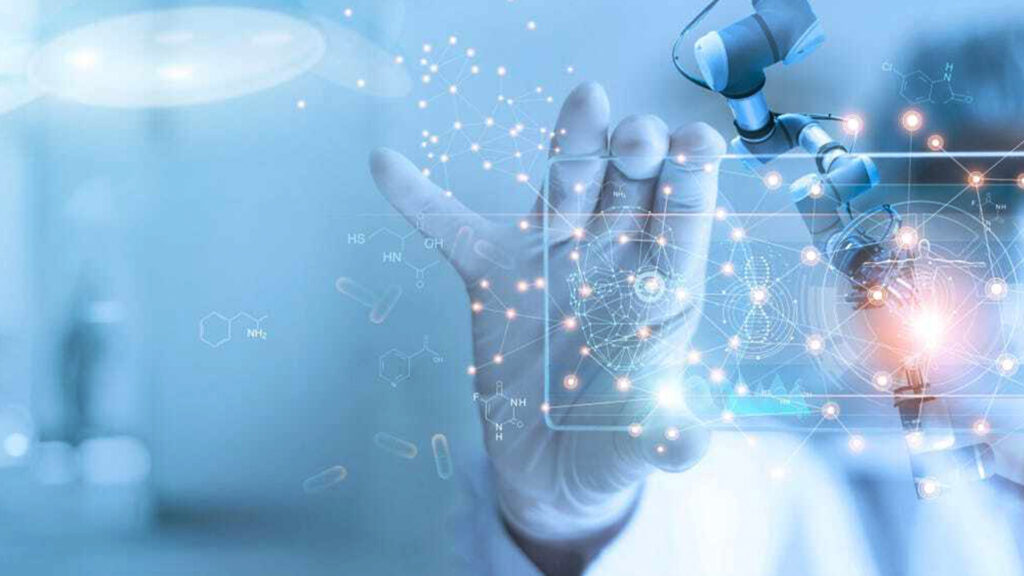
Aid in Clinical Trials: One of the AI in healthcare examples is assisting healthcare providers to help make precise informed decisions about patient care. For example, AI algorithms can be used to analyze electronic health records and provide real-time decision support during clinical encounters. They can be used to identify eligible participants, monitor patient progress, and analyze trial results, the possibilities just go on.
Drug Discovery: Another area where the potential of AI in healthcare can be vastly utilised is in the drug manufacturing sector. Rather than resorting to conventional means, implementing AI technology helps accelerate the drug discovery process thereby minimizing waiting times to develop and test them. Using AI algorithms helps analyze vast amounts of scientific and medical data to identify potential new drugs, predict their safety and efficacy, and guide the development of new drugs.
Wearables & Telemedicine: Wearables have now become a part of our life, isn’t it? Smartwatches, fit bands, you name it. Most of them come with AI features but what if they could be used for more? Integrating AI into these wearable devices helps the healthcare sector to monitor patients remotely and provide real-time health data to healthcare providers. For example, AI in healthcare algorithms can be used to analyze data from wearable devices, such as smartwatches and fitness trackers, to identify patterns and predict health issues.
Fraud Detection: The uses of AI in healthcare extend to the area of fraud detection. As the healthcare industry is one of those areas where fraudulent activities are happening. Even though such activities are being actively monitored, the whole process can be streamlined to detect and prevent such issues effectively through AI. By developing and training appropriate AI algorithms, they can be used to detect fraudulent claims, identify improper billing practices, and prevent the waste of resources.
Challenges & Limitations
These are just a few examples of the ways in which AI is being used in healthcare. Even though AI has evolved significantly that what it was before, the technology is still being refined which means that there are still some challenges and limitations to the widespread adoption of AI in healthcare. Some of them include:
Data Privacy: Improper handling of large amounts of patient data used for AI algorithms can pose certain privacy risks. As they are very crucial, it’s important to enforce strong and reliable data protection measures in place thereby ensuring the data is kept confidential and secure.
Lack of Regulation: One of the pitfalls of AI is its lack of regulation in healthcare, and it can be difficult to determine the safety and efficacy of AI-powered systems. This is where governments and healthcare organizations must intervene and enforce strict measures to develop and implement clear regulations and standards for AI in healthcare.
Clinical Validation: While AI has the potential to improve patient outcomes, it’s important to validate its clinical efficacy through rigorous testing and evaluation. This includes testing AI algorithms in real-world settings and comparing their performance to existing methods.

Will AI control healthcare completely?
Well, if the scenario was a sci-fi movie where the AI is the super smart antagonist, this could definitely be a sure possibility however, for the time being, we don’t have to worry about such situations. The thing is that even though AI in healthcare examples has evolved over the years and has greatly helped enhance the medical sector by improving patients’ treatments, streamlining processes, etc in the future, it is not in a position to completely take over the judgement of humans. However, rather than considering it as a direct replacement for human judgment and expertise, it can be thought of as an assistant that aids in making better decisions and improving health care.
Conclusion
Artificial Intelligence indeed has the potential to transform healthcare and other sectors into better versions. Despite the advancements, it’s important to approach its integration cautiously and address the challenges and limitations through reasonable and ethical means. The ultimate uses of AI in healthcare are improving patient outcomes and aiding in making the right clinical decisions.
For more such blogs, Connect with GTECH.
Related Post
Publications, Insights & News from GTECH

